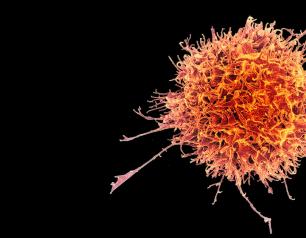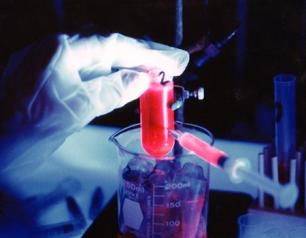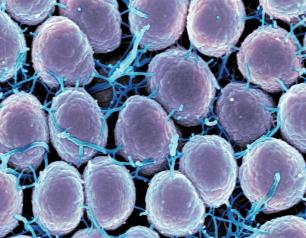NIAID supports research to understand, diagnose, and treat many of the world’s most intractable and widespread diseases. Explore NIAID research through the diseases and conditions as well as the cross-cutting disciplines and approaches below.
Filter research areas by:
Disciplines & Approaches |
All Diseases & Conditions |
Allergic Diseases |
Immunologic Diseases |
Infectious Diseases
5 Results
Immune System Research
The immune system is a network of cells, tissues, and organs that work together to protect the body from infection. Although scientists have learned much about the immune system, they continue to study how the body targets invading microbes, infected cells, and tumors while ignoring healthy tissues.

Vaccines
Vaccines stimulate the immune system to produce immune responses that protect against infection. Vaccines provide a safe, cost-effective and efficient means of preventing illness, disability and death from infectious diseases.

Genomics & Advanced Technologies
Research fields, such as genomics, proteomics, and systems biology, are creating a wealth of information about infectious and immune-mediated diseases. Through the use of advanced technologies, researchers are developing a clearer understanding of pathogens, disease, and host immunity.

Women's Health
Women face unique health problems related to many NIAID mission areas—specifically, HIV/AIDS, sexually transmitted infections, and autoimmune disorders. Many infectious and autoimmune diseases affect female populations disproportionately.

Antimicrobial (Drug) Resistance
Bacteria, fungi, and other microbes evolve over time and can develop resistance to antimicrobial drugs. Microbes naturally develop resistance; however, using antibiotics too often in humans and animals and in cases where antibiotics are not an appropriate treatment can make resistance develop more quickly.


